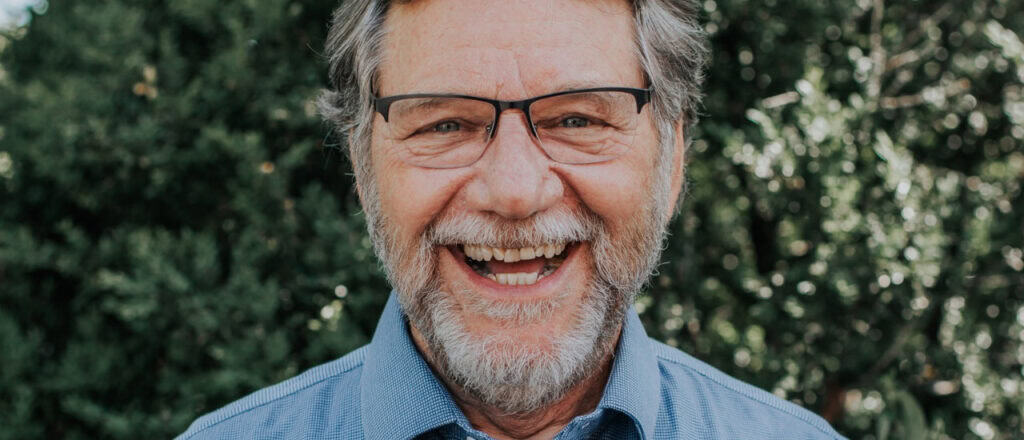Bill Bolling’s journey into food banking began with a calling. As Director of Community Ministries at his church, he ran a community kitchen and counseling center, working directly with people experiencing homelessness. From there he founded the Atlanta Community Food Bank.
“The work was about transformation,” Bill explained. “And the tool we had was food.”
His vision aligned with Kathleen DiChiara, which is why one of his favorite memories is of discovering the Community FoodBank of New Jersey. Bill saw many similarities between the two organizations and appreciated their shared commitment to addressing hunger.
He remembers that Kathleen was not one to ask for permission. “Kathleen would see a problem and try to solve it,” Bill recalled. “She would pull the right people together, but she didn’t wait for approval from the church, Feeding America, or other food banks.”
Thinking back to the earliest days of food banking, it’s clear to Bill that much had changed. Unlike today’s digital age, they relied on different methods to track food distribution, measuring by pounds and managing finances manually. The Atlanta Community Food Bank eventually developed its own curriculum to educate and empower people about food insecurity.
“From the beginning, CFBNJ and the Atlanta Food Bank were like soul sisters,” Bill said with a smile. He recounted his work in Atlanta, directing community ministries, running a kitchen, and launching a counseling center for people experiencing homelessness — efforts that mirrored Kathleen’s own journey from when she began her work out of the back of her station wagon.
“Our North Star was people. The work was about transformation, and our tool was food,” he explained. “We centralized acquisition but decentralized distribution. That was the key to food banking — serving congregations and communities.”
For Bill, food banking was about more than just distributing food — it was a calling. The mission was to educate, engage, and empower communities to fight hunger and amplify the issue on a larger scale.
When asked about the future of CFBNJ, he reflected, “Fifty years from now, I think the FoodBank will still be here. We’ve had it for almost 50 years already. But the issue isn’t food—there’s plenty of it. The real issue is poverty.”
Bill speaks fondly of Kathleen’s influence, too. “She didn’t just change hunger on a local level — she had a national impact,” Bill noted. “In the early ’80s, we were still figuring out what a food bank network should be. Kathleen was a leader, particularly in the eastern region. Whether responding to disasters, mentoring others, or building coalitions, she was always the first to say yes. She was trusted, innovative, and never hesitated to help.”
